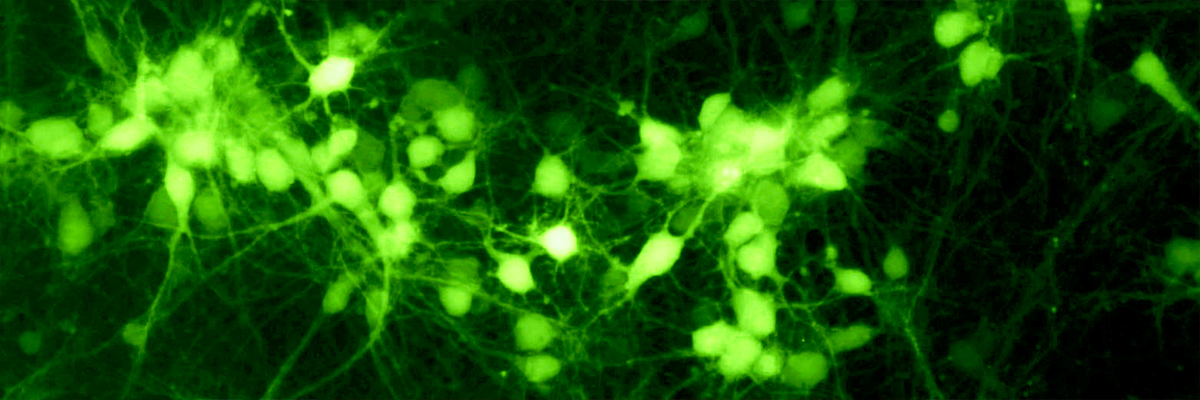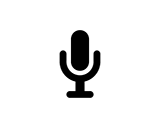Cognitive Science BS
Cognitive science focuses on the understanding of biological and artificial intelligent systems

Cognitive science focuses on the understanding of intelligent systems, both biological and artificial. These can range from people and animals to web search engines, computers and robots. This field requires diverse approaches to understanding these systems, including research from experimental psychology, neuroscience, linguistics, computer science, mathematics and engineering.
The UT Dallas cognitive science program offers a variety of interdisciplinary courses to provide a strong foundation.
Degree Program
A bachelor’s degree in cognitive science requires 120 credit hours.
Students in the cognitive science program in the School of Behavioral and Brain Sciences at UT Dallas select
Coursework from two of the following four concentration areas:
- Psychology
- Human-computer interactions
- Neuroscience
- Intelligent systems (artificial intelligence) / computational modeling
Cognitive science majors select the majority of their upper-division coursework from two of these three concentration areas to generate multidisciplinary areas of focus.
In addition to providing a sound preparation for graduate work in cognitive science and related areas, the cognitive science major is an ideal choice for students pursuing careers that combine interests in neuroscience, cognition, mathematics and computer science.
The cognitive science minor requires 18 credit hours. Students who minor in cognitive science may specialize in any one of the four concentration areas. The UT Dallas undergraduate catalog provides an overview of the cognitive science program, details the areas of concentration, lists the major and minor requirements, and explains the fast-track program, which enables undergraduate students to take up to 15 hours of graduate courses that will count toward both UT Dallas bachelor’s and graduate degrees. To compile all your academic, campus and extracurricular interests into a presentation you can print out, follow the steps to create your own guide to UT Dallas.
The university’s course look-up site will help you find specific classes and times to fit your degree plan and schedule. The CourseBook site includes links to syllabi, class evaluations, and textbooks for all of UT Dallas courses.
Students are required to earn two research exposure credits (REC) for each behavioral science core course in which they are enrolled, for a maximum of six total credits each semester.
Advising
It is important to visit with an academic advisor to create a degree plan. Freshmen are required to do so before registering. All other students should consult an advisor before registering each semester. Students interested in specializing in the areas of human-computer interactions or intelligent systems should consider making an appointment with Dr. Richard Golden, undergraduate cognitive science program head, to discuss upper-division course selection decisions.
To learn more about the BBS advising and mentoring program, visit our advising website.
Career Preparation
Cognitive science is excellent preparation for a number of areas of graduate study including medical school, law school and master and doctoral programs in cognitive science, psychology, computer science and engineering as well as law school and medical school. Students also could apply their skills to careers in software engineering, mathematical modeling and development and implementation of intelligent systems. Students specializing in the intelligent systems area will have the skills necessary to pursue careers in areas related to artificial intelligence and computer-based natural language understanding. Students interested in exploring career opportunities in cognitive science should examine the various links to cognitive science-related organizations listed below.
In addition, upper-level students also may be interested in participating in a BBS internship class.
Research Portal
Undergraduate students are encouraged to participate in research laboratories, especially if they are interested in graduate school. Apply to participate in labs using the research portal.
Undergraduate Scholarship Opportunities
The School of Behavioral and Brain Sciences offers two scholarships for students who are full-time or part-time undergraduate students pursuing degrees in BBS. Applicants must be U.S. citizens or permanent residents with a FAFSA on file with the UTD Financial Aid Office. Please read the full criteria and requirements for more information.
The $3,000 Helen Small Scholarship and $1,000 Diane Milot Tucker Scholarship will be awarded annually.
Honors Program
Majors in the School of Behavioral and Brain Sciences who have junior or senior standing and have completed at least 12 credit hours with a GPA of 3.5 or higher may apply to earn BBS school honors.
Incoming freshmen with high standardized test scores and a high school GPA of 3.6 or higher should consider applying to Collegium V, a university-wide honors program.
Program Contacts
Program Head
Richard Golden, PhD
Office: GR 4.814
Phone: 972-883-2423
golden@utdallas.edu
Program Mailing Address
Cognitive Science Degree Program
The School of Behavioral and Brain Sciences
The University of Texas at Dallas
800 W. Campbell Rd., GR41
Richardson, TX 75080
Program Resources
Cognitive Science BS Fast Facts
This document provides a quick, printable overview of the program.
Cognitive Science Orientation plus Micro-credential Overview (2024) Video
This video presentation describes the undergraduate cognitive science program at UT Dallas.
Cognitive Science Student Orientation (2024) with BBS Micro-credential Overview (PDF)
This PowerPoint describes the undergraduate cognitive science program at UT Dallas and introduces the BBS micro-credential program.
Introduction to Master’s Program in Applied Cognition and Neuroscience Video
This video presentation introduces students to the master’s program in applied cognition and neuroscience.
Introduction to the Applied Cognition and Neuroscience MS Program (PDF)
This PowerPoint presentation introduces students to the master’s program in applied cognition and neuroscience.
Create Your Own Guide to UT Dallas
This site allows potential students an opportunity to learn about what matters most to them.
Organizations
American Psychological Association
Behavioral and Brain Science Research Centers
Cognitive Science Society
Cognitive Neuroscience Society
Computer Science Research Centers
Neural Information Processing Systems
Society for Mathematical Psychology
Society for Neuroscience
Special Interest Group on Human Computer Interaction
DFW Usability Professionals Association
Usability Professionals Association






